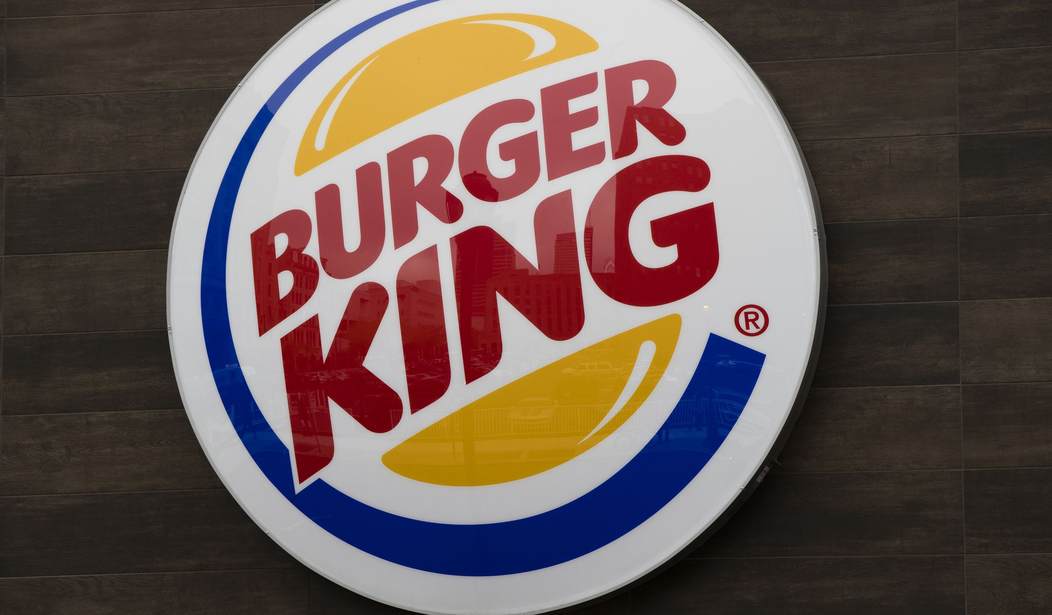While there were many causes that spurred the American Revolution, the primary one was financial. The phrase “Taxation without representation” still adorns license plates in DC 250 years later. Indeed, as Benjamin Franklin wrote, “The refusal of King George to allow the colonies to operate an honest money system, which freed the ordinary man from clutches of the money manipulators was probably the prime cause of the revolution.”
Local leadership is best in virtually all instances, as distant consolidation of power tends to grind the ordinary man underfoot, rather than solve all their problems. Independent Americans rejected remote, centralized power – both governmental and financial – in the 1700s, and are doing it again now.
This misunderstanding is at the heart of the current (and shrinking) split in the Republican Party, as the big business old guard like Mitch McConnell and Mitt Romney cluck their tongues at Trump populists. The GOP hasn’t changed, the rest of the world has changed around us, and we’re fighting to restore local leadership from the hands of global tyrants.
We’re seeing that in America on a much smaller, but still related, scale with franchises, such as those for fast food restaurants. Becoming a franchisee has long been a way for hard-working families to climb up the ladder, but as global wealth has consolidated, that’s become even harder than trying to buy a house in my home state of Utah.
The bad guys – Franklin’s money manipulators – are private equity funds buying up franchises. Distant, ultra-high net-worth PE-backed franchise brands tend to take a brutal approach toward management. A franchise that’s one family’s entire life is just a line on a spreadsheet to a PE fund.
We’re seeing this across the country, with Burger King and its parent company 3G Capital, which closed about 400 locations in the US last year alone! Exploiting predatory tactics that abuse their terms of agreement, 3G is using the massive leverage at its disposal to grind small business owners underfoot the same way London bankers did to struggling colonists in the 1700s.
Recommended
Brazilian-owned 3G bought Burger King in 2019 for $3 billion, adding it to its portfolio of restaurants like Tim Hortons and Popeyes – both of which have suffered since being acquired by 3G. One of the tactics 3G is using is to force restaurants to close – in some cases with needless remodeling demands, in other cases by limiting how many individual locations one franchisee can operate. As these locations close, BK turns around and buys them back up.
This seems to be the high-finance equivalent of the mafia starting a crime wave to drive down housing prices, then buying everything up.
This kind of rapacious behavior is bad for everyone in the long run.
Bad corporate behavior invites government watchdogging. Historically the type of actions that 3G has taken typically bring in more regulatory oversight, responsibilities, and expenses that eat away profit.
Abusive practices by a franchisor against its franchisees and workers may invite excessive scrutiny from labor agencies and also the Federal Trade Commission. To the eyes of Lina Khan’s FTC, the aforementioned bad conduct resembles monopolistic practices, and that is not the kind of attention any struggling business should want to invite. In fact, the FTC is currently going through the rulemaking process of how to change the regulations around the ways franchisors work with franchisees. Their goal is to “unravel how the unequal bargaining power inherent in [franchise] contracts is impacting franchisees, workers, and consumers.”
If we keep our house in order, we don’t give big government bureaucrats an excuse to break in.
Populists in both parties in Washington must take notice of these anti-competitive actions by franchisors and push them to clean up their act. Otherwise, we risk allowing manipulators to dominate this industry and leave small entrepreneurs and family business owners hopeless in the 21st Century.
America doesn’t need kings pushing them around, neither George nor Burger.
























Join the conversation as a VIP Member